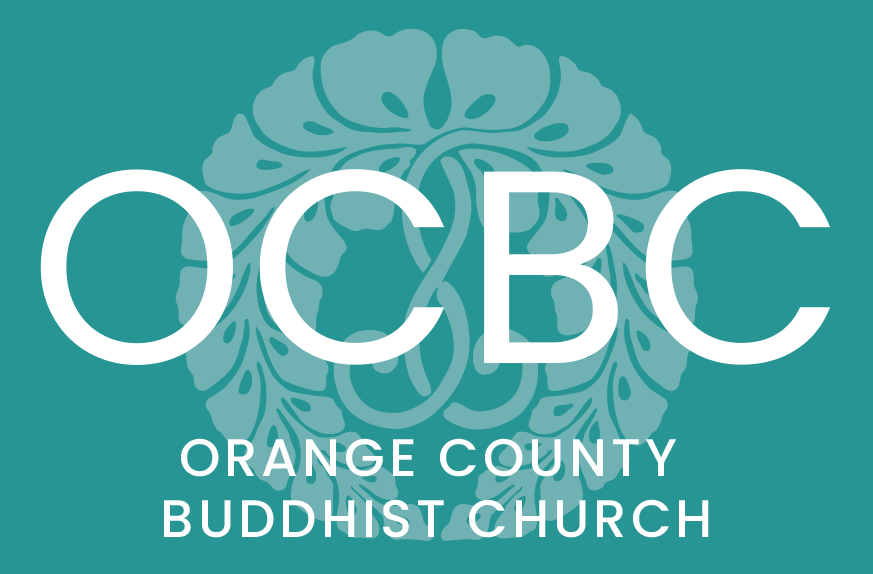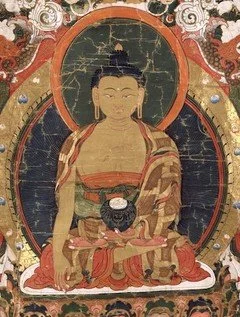Wish for World Peace & Harmony
As the Russian invasion of Ukraine continues to unfold, the Buddhist Churches of America (BCA) Association has posted a statement on its website. Their statement reads:
Guided by the Buddhist principles of Wisdom & Compassion, the Ministers Association of the Buddhist Churches of America opposes the Russian invasion of Ukraine. Buddha taught that Greed, Hatred, and Ignorance are poisons, and we see all three fueling this war.
Wisdom recognizes that all things are Interconnected, and the fallout from this war will affect not only the refugees but so many others as well, from the soldiers on both sides, to the environment and to the entire world.
Buddha’s Compassion recognizes that all life has value and happiness for all beings is the ideal. This is seen in the Metta Sutta with the aspiration, “May all beings be happy – May they be joyous and living in safety.” Our founder, Shinran Shonin, expressed the wish, “May there be peace in the world.”
We are in favor of relief to the victims and call for this war to end.
Other religious leaders around the world are offering pleas for peace and messages of support to the Ukrainian people. The growing number of civilian and military deaths are unknown, but early reports estimate nearly 3,000 Ukrainian troops killed, over 300 civilian deaths and over 750 civilians injured, including many children. The office of the United Nations High Commissioner for Refugees (UNHCR) reported that almost three million refugees have fled Ukraine. It is so heartbreaking to see images of the war zones, the Ukrainian families separated, and refugees forced to flee their homeland.
There are many factors that may cause a war, like political and social motivations. However, the deep root is the ego, manifested as three poisons of anger, hatred, and ignorance. Those three poisons spur unnecessary conflict, which ultimately hurts others. Buddhists think we can hurt others by not only deeds and speech, but also hatred rooted in the ego.
No-killing and no-hurting:
This is the most important Buddhist precept to keep peace and harmony. During the rainy season in India, the Buddhist monks stay in various caves and stay there until the rainy season is over. This is called the time of “Ango (skt. varsika)” to avoid killing insects and new plants growing by stepping on them in the rainy season. Buddhist monks quietly read the sutras and study in caves to protect precious lives.
This tradition was carried over to China and Japan. Every July, I attend the Ango-Study Session at the Ryukoku University where I studied for five years. For ten days during the rainy season, we all wear robes and sit in a steamy classroom in Kyoto to study sutras, commentaries, and writings of our founder Shinran Shonin and the Seven Pure Land Masters.
Here is the Theravada version of the Five Grave Offenses:
Killing one’s mother
Killing one’s father
Killing an arhat (the top monks in the Theravada Buddhist school)
Causing blood to flow from the Buddha’s body
Disrupting the harmony of the sangha (the monastic groups of Bhikkhu and Bhikkhunī).
Mahayana version has five more, including slandering the Dharma, etc.
According to Śākyamuni (the historical Buddha), “Hatred ceases not by hatred, only by compassion…This is the eternal rule.” This famous statement saved Japan after losing World War II and when Japan faced the situation to divide the counties by the request of the Allied Nations. J R. Jayewardene, the representative of Sri Lanka, quoted Śākyamuni’s words at the Treaty of San Francisco to encourage keeping Japan an independent nation.
The spirit of Śākyamuni’s words can also be found in the story of the assassination of Uruma no Tokikuni, the father of Pure Land Buddhist teacher Honen. Upon his death, Honen’s father told the young Honen not to take revenge against the family who murdered him, in hopes of breaking the cycle of hatred. Honen’s mother sent him to Mount Hiei to protect him from further violence and have him pursue a Buddhist path.
The Tathagatas of the ten quarters compassionately regard each sentient being as their only child.
Shinran Shōnin, the founder of Jōdo Shinshū, expresses this phrase in one of the Pure Land wasan (和讃) (Japanese Buddhism hymn). It expresses no high, no low in all human beings in encountering the Buddha’s deep wish. Amida Tathagata regards each of us as their only child and guides us with deep, loving care along the path to find value and meaning. Since we all deserve to walk the path of the Buddha-Dharma, there is no place for hatred and violence.
I deeply wish for world peace, harmony, and true happiness from hearing the Buddha-Dharma. Let us appreciate Shinran’s words from his letter:
Those who feel that their own birth is completely settled and mindful of the Buddha’s benevolence, should hold the nembutsu in their heart and mind and recite “Namo Amida Butsu” to respond in gratitude, and wish “May there be peace in the world, and may the Buddha’s teaching spread!” — Shiran Shonie
Namo Amida Butsu,
Rev. Dr. Mutsumi Wondra




